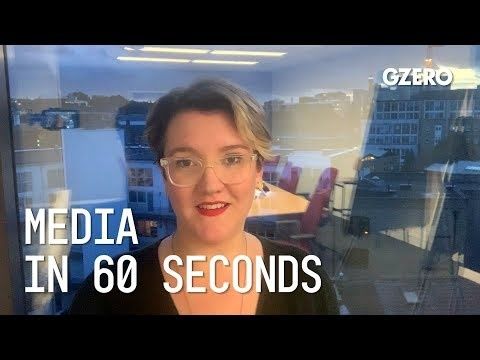
Why do journalists keep sources anonymous?
So, anonymity can be granted for a number of reasons. The main one is a risk of retaliation against the person, against their job, against their personal safety. For instance, if you report in a war zone or on a crime victim. It can also be to protect vulnerable people such as children, or if it's just the only way to get the information out.
Now, here's a common misconception: an anonymous source is not someone calling the newsroom anonymously. The journalist, often their editor, know who the person is and is able to judge their motives and their reliability. Now, the rules were written in an analog age. Today, the responsibility to the people that you name is so huge. It's going to live on in their Google search results forever. It's not just going to disappear with the next day's paper. But also, keeping people's trust in an age of misinformation is really important and difficult and anonymous sources unfortunately hurt that trust because readers cannot judge and have to take the journalist on faith.
In political journalism especially, we're seeing perhaps too many anonymous sources, anonymity granted in exchange for access, which allows politicians to float their message without consequences. But investigative journalism does not exist without anonymous sources. Just think back to Watergate as the key example. There is information that needs to come out and will not come out without anonymous sources.
So, when a journalist protects a source, it goes beyond their professional reputation. It goes beyond that source's personal safety. It's about preserving an ecosystem in which important information to our democracies can come out.